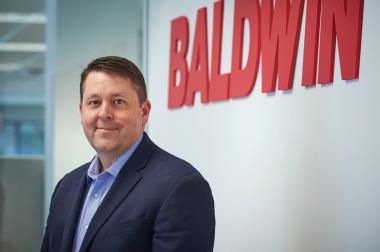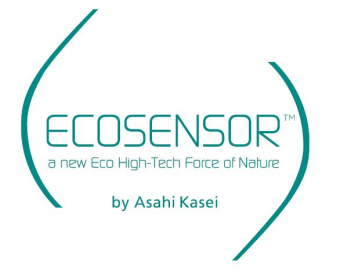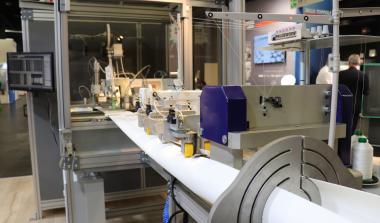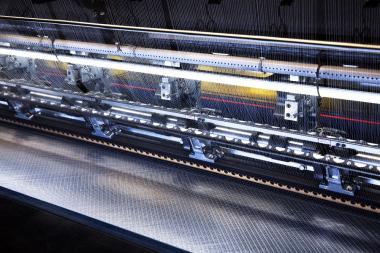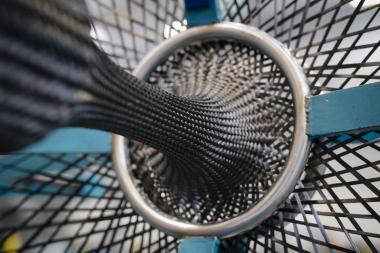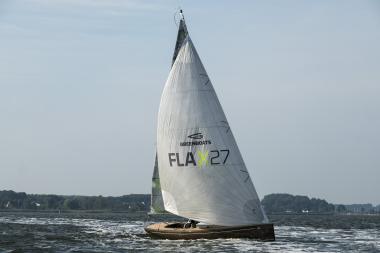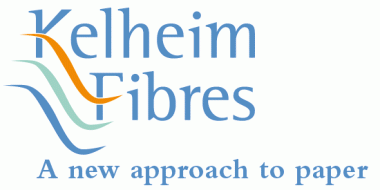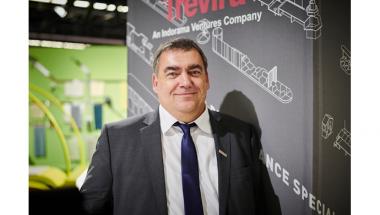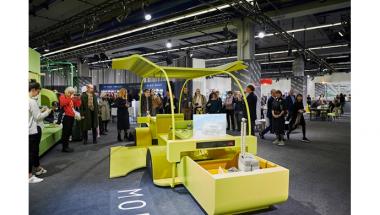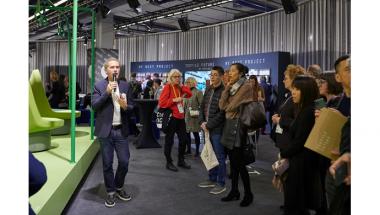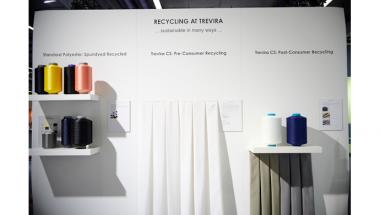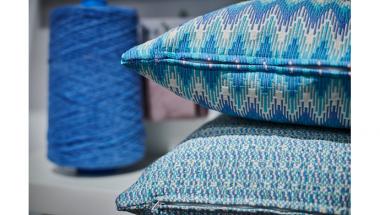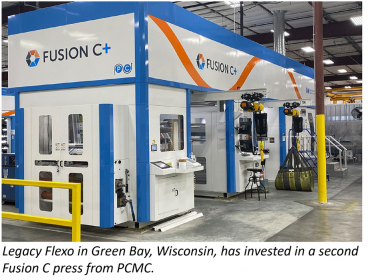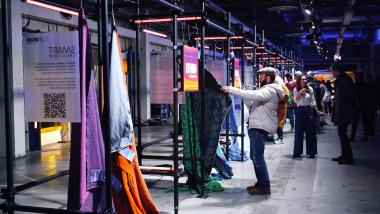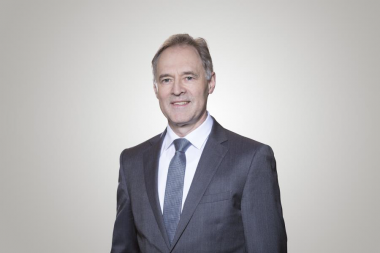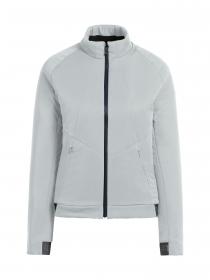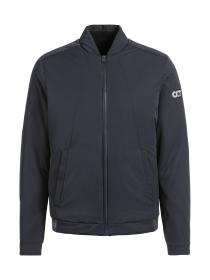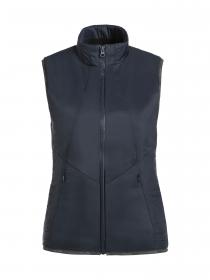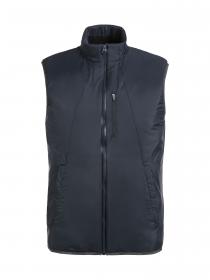Baldwin Technology appoints Joe Kline as new President and CEO
Experienced people-centric leader to strengthen product and service capabilities
The leadership team of Baldwin Technology Company Inc. has appointed Joe Kline as its new President and CEO, effective January 17, 2020. Baldwin is a leading global manufacturer of innovative process-automation technology for the printing, packaging and converting industries. Acting CEO Kyle Chapman will continue as Baldwin’s Chairman, and devote greater focus to BW Forsyth Partners’ rapidly expanding portfolio. In 2012, Forsyth acquired thenpublic Baldwin and took it private.
Prior to joining Baldwin, Kline served as the president of a division in Eaton’s electrical sector. In addition, his previous experience includes commercial leadership roles at Eaton, Duke Manufacturing and Emerson. He holds a bachelor’s degree in electrical engineering from Ohio University and a Master of Business Administration in international business from Saint Louis University.
Kline’s appointment follows the 2019 appointments of four Baldwin business segment presidents: Rich Bennett at AMS Spectral UV, Tomas Anderbjer at Baldwin Precision Applications, Vince Balistrieri at Baldwin Vision Systems, and Matt Shishikura at Baldwin Japan.
Baldwin Technology Company Inc.
Baldwin Technology


